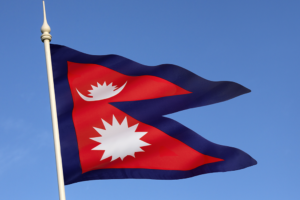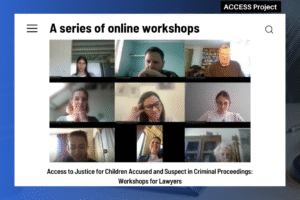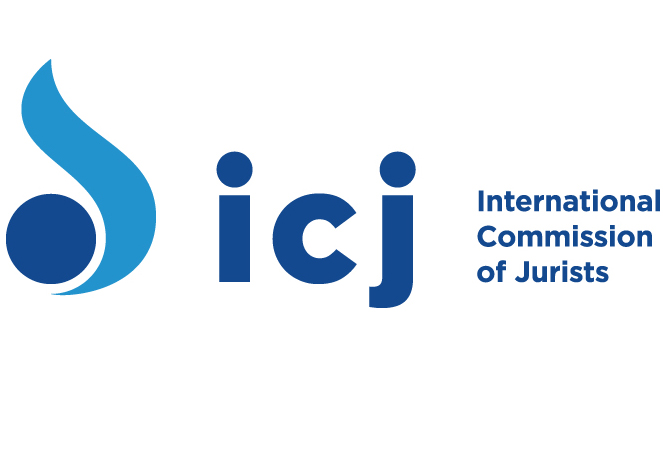
Nov 14, 2012 | Agendas, Events
The ICJ is organizing this workshop in collaboration with Cross Cultural Foundation (CrCF) and the Association for the Prevention of Torture (APT) from 17 – 18 November 2012 in Bangkok, Thailand.
The workshop is aimed at supporting and strengthening civil society groups in Thailand in their engagement at the international level to address key issues in the implementation of the UNCAT.
This is a follow-up to a previous workshop held by the ICJ together with the APT and OHCHR last January 2012 where Thai groups decided to submit an alternative report to the UN Committee against Torture.
The November workshop will have discussions on the role of the UN Committee against Torture, as well as key provisions of the UNCAT.
A representative from the Commission on Human Rights of the Philippines will be sharing to Thai groups on the Commission’s experience on drafting an alternative report on the Philippines.
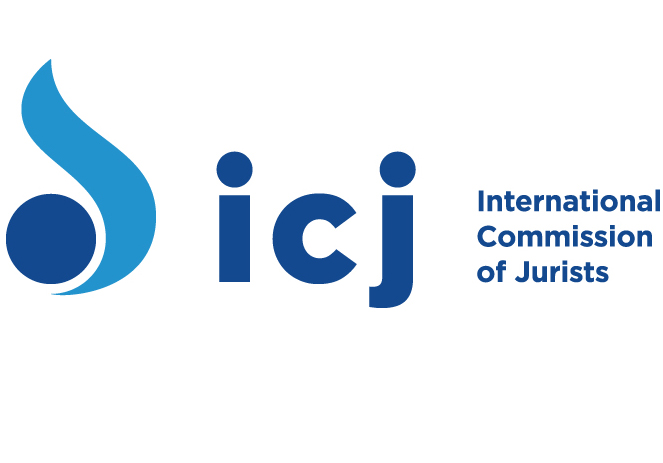
Oct 29, 2012 | Events
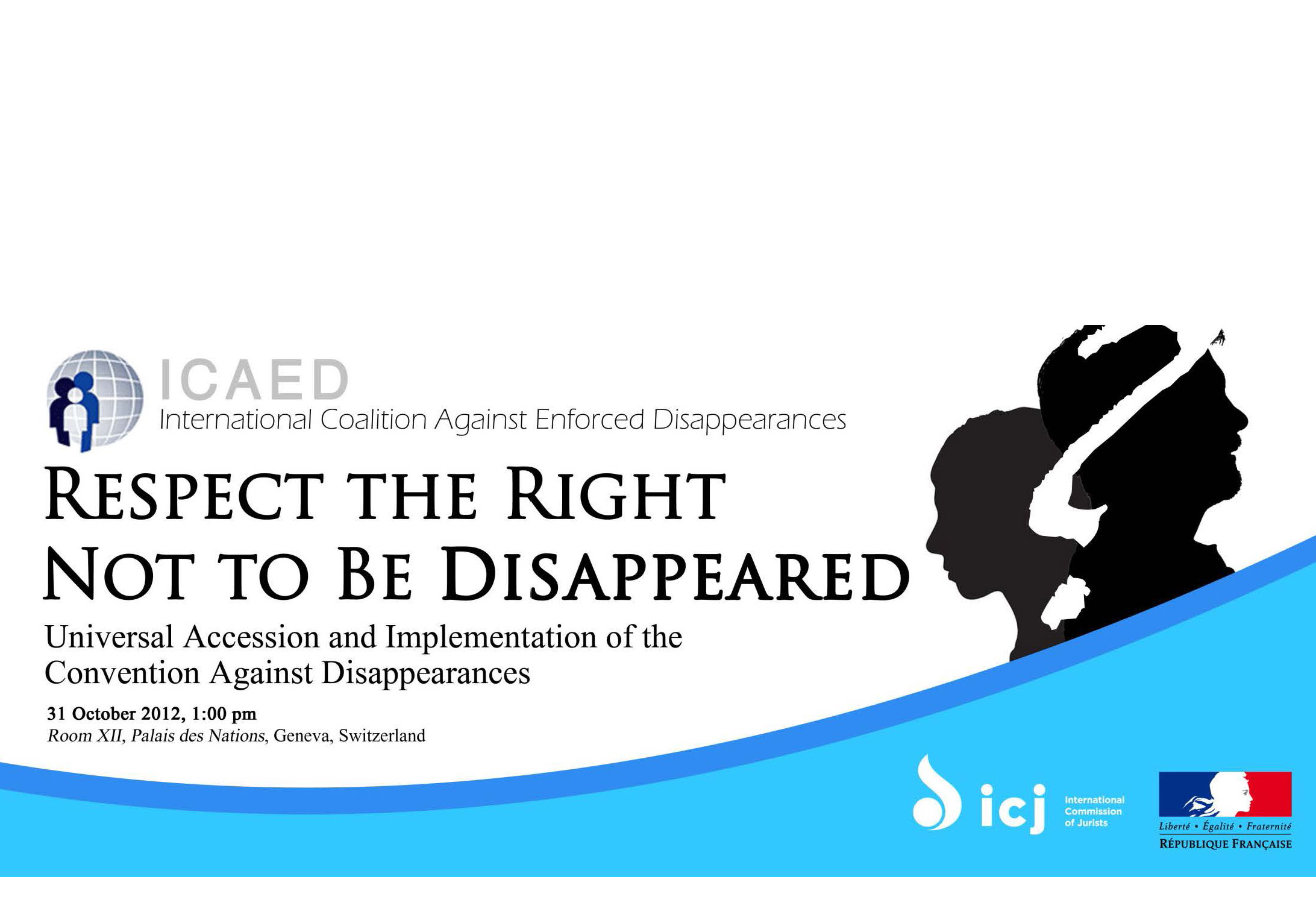 On 31 October the ICJ is co-sponsoring a side event with the Permanent Mission of France on “Respect the right not to be disappeared – Universal accession and implementation of the Convention against disappearances”.
On 31 October the ICJ is co-sponsoring a side event with the Permanent Mission of France on “Respect the right not to be disappeared – Universal accession and implementation of the Convention against disappearances”.
This parallel event to the session of the Committee on Enforced Disappearance and the Working Group on Enforced and Involuntary Disappearances will take place at the Palais des Nations in Geneva, Room XII, from 1 to 3 PM (13.00-15.00).
UN-ICAED enforced disappearances – Event-2012
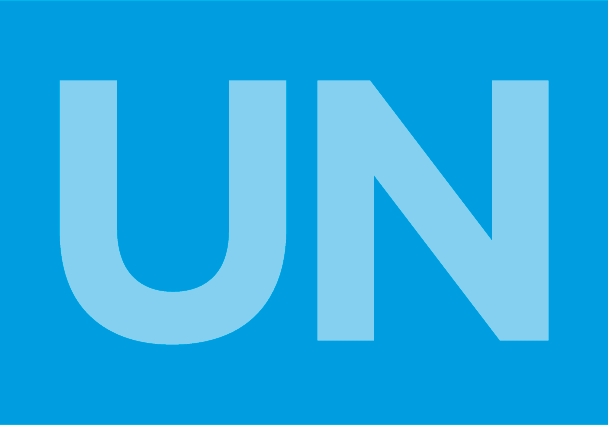
Oct 25, 2012 | Advocacy, Non-legal submissions
 During a half-day of general discussion held today by the Human Rights Committee, the ICJ supported the establishment by the Committee of a General Comment on the right to security and liberty of the person under article 9 of the International Covenant on Civil and Political Rights (ICCPR).
During a half-day of general discussion held today by the Human Rights Committee, the ICJ supported the establishment by the Committee of a General Comment on the right to security and liberty of the person under article 9 of the International Covenant on Civil and Political Rights (ICCPR).
As an update to its General Comment No 8 of 1982, the Human Rights Committee (the Committee) has commenced a process to develop a new General Comment on article 9 of the ICCPR. Responding to a list of issues prepared by the Committee for potential expansion within the General Comment, the ICJ supported the initiative and called for clarification of certain issues in this work.
The ICJ’s submission and statement also called on the Committee to give express consideration to the following thematic issues within the General Comment:
- The meaning of ‘arbitrary’ deprivation of liberty;
- Application of article 9 in international and non-international armed conflicts, including in the context of administrative detention;
- Control orders and other mechanisms involving restrictions of movement and the extent to which such mechanisms might interfere with liberty rights;
- Detention of asylum-seekers and irregular migrants; and
- The role and accountability of legal entities.
The Committee is scheduled to consider and adopt a first draft of the General Comment during its session in March 2013. The ICJ intends to make substantive submissions on this first draft.
ICJ-HRCttee-GCArticle9-IssuesStatement-non-legal submission (2012) (download in PDF)
ICJ-HRCttee-GCArticle9-IssuesSubmission-non-legal submission (2012) (download in PDF)
HumanRightsCommittee-Issues-Article9 (download in Word)
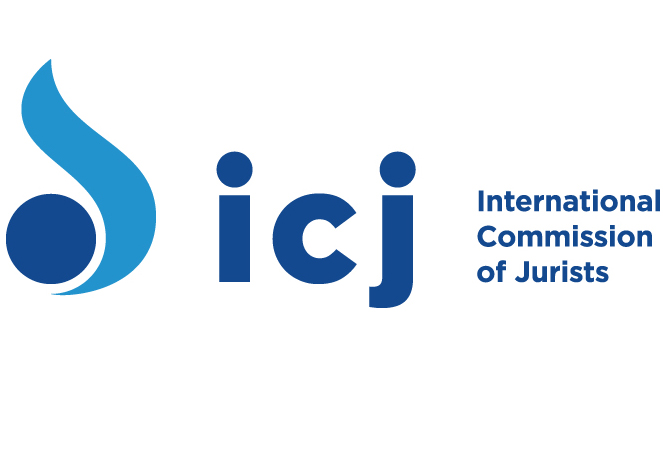
Aug 22, 2012 | Advocacy
 In written statements to the UN, the ICJ says that the General Assembly’s intergovernmental process on the strengthening of the UN treaty bodies has no competence to establish or impose a code of conduct for treaty body members.
In written statements to the UN, the ICJ says that the General Assembly’s intergovernmental process on the strengthening of the UN treaty bodies has no competence to establish or impose a code of conduct for treaty body members.
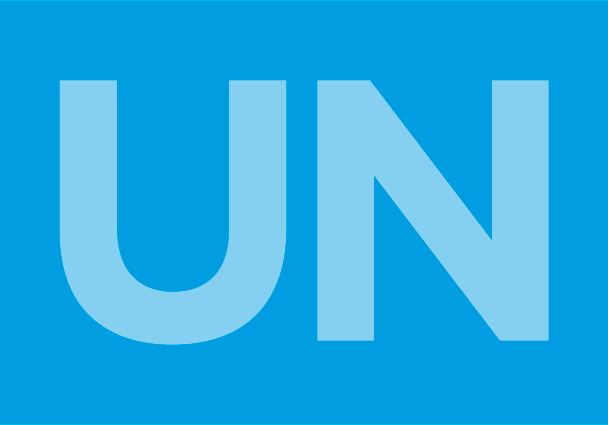
Oct 11, 2011 | Advocacy, Analysis briefs
Since 2009, the UN High Commissioner for Human Rights has called for the strengthening and increased funding for the UN treaty bodies.
The UN treaty bodies are the monitoring mechanisms established under the universal treaties on international human rights.
To date, however, this strengthening process has inadequately addressed the need to strengthen, streamline and coordinate the Individual Communications procedures of the treaty bodies.
A coalition of NGOs has therefore issued a joint statement on the strengthening of these procedures, which represent a key aspect of the right of access by all to international justice in the context of human rights. The joint statement includes recommendations to States, the Office of the High Commissioner for Human Rights, and the treaty bodies themselves.
statement strengthening treaty body-analysis brief-2011 (full text in English, PDF)









